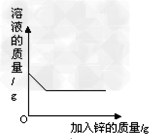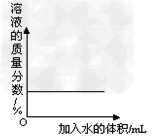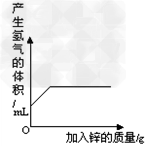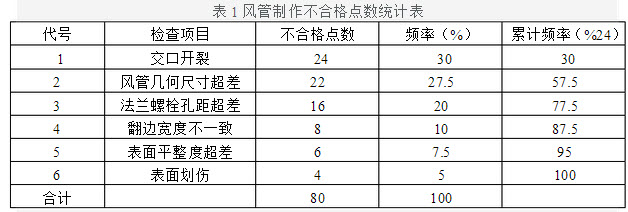Almost every day the media discovers an African American community fighting some form of environmental threat from land fills, garbage dumps, petrochemical plants, refineries, bus depots, and the list goes on. For years, residents watched helplessly as their communities became dumping grounds.
But citizens didn’t remain silent for long. Local activists have been organizing under the mantie of environmental justice since as far back as 1968. More than three decades ago, the concept of environmental justice had not registered on the radar screens of many environmental or civil rights groups. But environmental justice fits squarely under the civil rights umbrella. It should not be forgotten that Dr. Martin Luther King Jr. went to Memphis on an environmental and economic justice mission in 1968, seeking support for striking garbage workers who were underpaid and whose basic duties exposed them to environmentally hazardous conditions.
In 1979, a landmark environmental discrimination lawsuit filed in Houston, followed by similar litigation efforts in the 1980s, rallied activists to stand up to corporations and demand government intervention.
In 1991, a new breed of environmental activists gathered in Washington, D.C. , to bring national attention to pollution problems threatening low-income and minority communities. Leaders introduced the concept of environmental justice, protesting that Black, poor and working-class communities often received less environmental protection than White or more affluent communities. The first National People of Color Environmental Leadership Summit effectively broadened what "the environment" was understood to mean. It expanded the definition to include where we live, work, play, worship and go to school, as well as the physical and natural world. In the process, the environmental justice movement changed the way environmentalism is practiced in the United States and, ultimately, worldwide.
Because many issues identified at the inaugural summit remain unaddressed, the second National People of Color Environmental Leadership Summit was convened in Washington, D.C. , this past October. The second summit was planned for 500 delegates ; but more than 1,400 people attended the four-day gathering.
"We are pleased that the Summit Ⅱ was able to attract a record number of grassroots activists, academicians, students, researchers, planners, policy analysts and government officials. We proved to the world that our movement is alive and well, and growing," says Beverly Wright, chair of the summit. The meeting produced two dozen policy papers that show powerful environmental and health disparities between people of color and Whites.
The word "protesting" underlined in Paragraph 4 is closest in meaning to ______.
A.combat
B.confirm
C.consider
D.affirm
参考答案:A
解析: 根据文中第四段的内容“protesting that Black,poor and working-class communities often received less environmental protection than White or more affluent communities”可知,抗议黑人,穷人和工薪阶层受到的环境保护比白人或富人少很多。选项中的A项为“抗议,反对”符合文意。B项“确认”,C项“认为”,D项“断言”,这三项均不符合题意。





